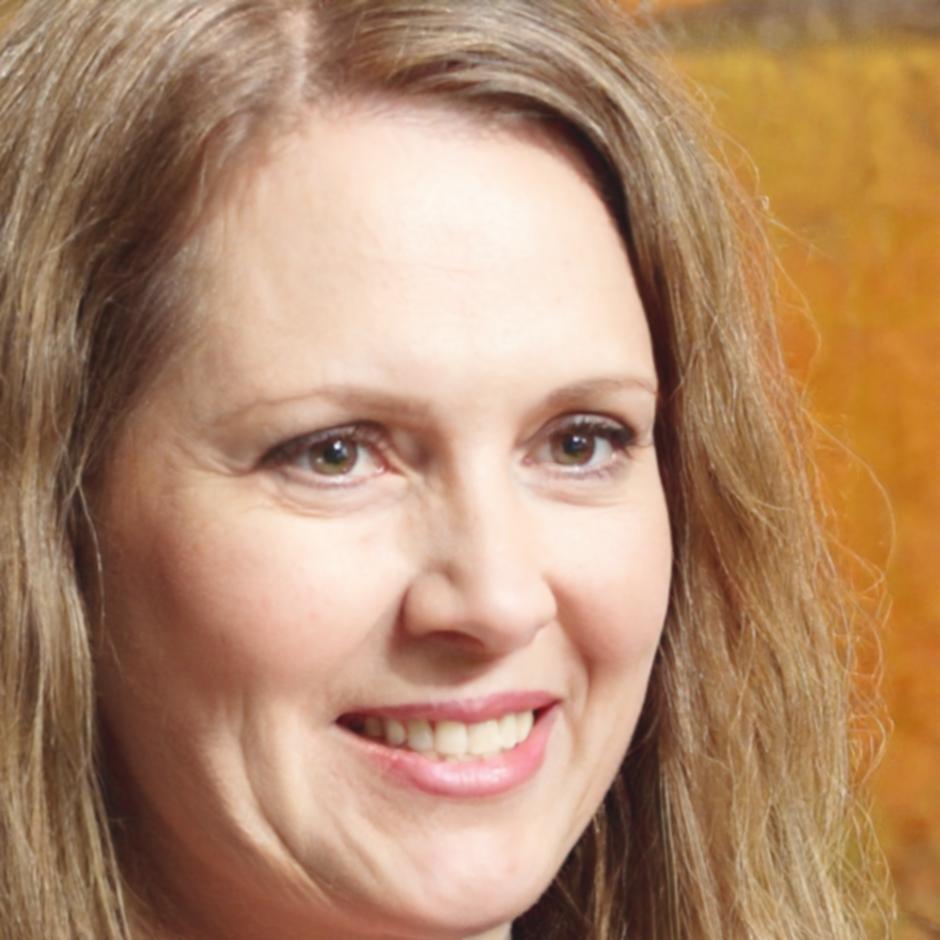How We Think About Budget Work
Most financial advice feels like it's written for someone else.
Someone with different spending habits, different family situations,
different goals entirely.
We started pyranexium because we kept seeing the same problem.
Households would get generic budget templates that made no sense for
their actual lives. A family in Coffs Harbour doesn't spend like a
couple in Sydney, and they shouldn't be using the same budget
framework.
Our approach is straightforward. We look at your actual spending
patterns over time, identify the trends that matter for your
situation, and help you make adjustments that work with your
lifestyle instead of against it. No judgment about coffee purchases
or streaming subscriptions.


